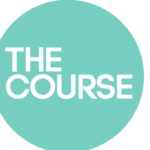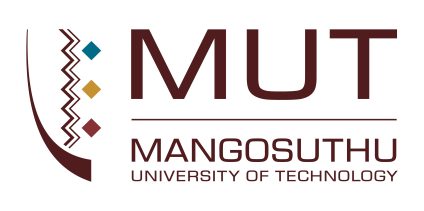
2025 MUT – WIPO SOUTH AFRICA SUMMER SCHOOL ON INTELLECTUAL PROPERTY AND TRANSFER OF TECHNOLOGY
HYBRID
Mangosuthu University of Technology invites you to participate in the 2025 World Intellectual Property Organization (WIPO) South Africa Summer School. The Summer School program provides an opportunity to senior students and young professionals to acquire deeper knowledge of each domain of intellectual property (IP) and of the role and functions of WIPO.
The Summer School is open to senior students (graduate and postgraduate) and young professionals from any field of study or discipline. The program is designed for candidates who are already familiar with IP.
All applicants are required to have successfully completed the WIPO Distance Learning Course on Intellectual Property Management (DL 450) before being selected for the program. Access to this online course will be made available upon registration to the Summer School.
How to Apply:
- Registration link: https://www3.wipo.int/authpage/signin.xhtml?
- Applicants should submit their résumé, ID or Passport together with a letter of motivation (maximum 300 words) setting out their reasons for applying and what they hope to gain from the Summer School.
- Registration is Free of Charge
A certificate of participation is awarded to participants who successfully complete complete the programme requirements.
Key Dates:
DL450 registration | 03 February 2025 – 16 May 2025
Summer School | 24 November 2025 – 05 December 2025
#WIPOSASS2025 #WIPOAcademy#IntellectualProperty#IPRights
What is WIPO South Afrca Summer School
The Summer School program provides an opportunity to senior students and young professionals to acquire deeper knowledge of each domain of intellectual property (IP) and of the role and functions of WIPO.
What is WIPO
The World Intellectual Property Organization (WIPO) is the global forum for intellectual property (IP) services, policy, information and cooperation. We are a self-funding agency of the United Nations, with 193 member states.
Our mission is to lead the development of a balanced and effective international IP system that enables innovation and creativity for the benefit of all. Our mandate, governing bodies and procedures are set out in the WIPO Convention, which established WIPO in 1967.

WSSZA 2025 - WIPO South Africa Summer School on Intellectual Property and Transfer of Technology

The Summer School program provides an opportunity to senior students and young professionals to acquire deeper knowledge of each domain of intellectual property (IP) and of the role and functions of WIPO.
Curriculum
The program consists of lectures, case studies, simulation exercises and group discussions on selected IP topics, with an orientation towards the interface between IP and other disciplines.
Conditions for the grant of the certificate of participation
A certificate of participation is awarded to participants who successfully complete the program requirements. To receive a certificate of participation, participants will be expected to be present in all sessions and shall also actively take part in discussions and group projects. It is further expected from the participants to switch their cameras on for all the sessions of the Summer School (unless there are reasons that would prevent this). Before applying, applicants should consider the required commitment that is needed for their participation at the Summer School.
Eligibility
The Summer School is open to senior students (graduate and postgraduate) and young professionals from any field of study or discipline. The program is designed for candidates who are already familiar with IP.
All applicants are required to have successfully completed the WIPO Distance Learning Course on Intellectual Property Management (DL 450) before being selected for the program. Access to this online course will be made available upon registration to the Summer School.
Insurance and Medical Examination
Non-resident participants will be provided with insurance coverage for the duration of their stay in Durban in connection with the Summer School program.
Each participant will be required to present a medical certificate upon arrival.
Format
The Summer School programme will be implemented in hybrid format.
Online Registration
Applicants should submit their résumé together with a letter of motivation (setting out their reasons for applying and what they hope to gain from the Summer School).
Registration Fees
Participation will be free of charge.
Basic Information
- Venue : Durban, Mangosuthu University of Technology (Hybrid)
- Language : English
- Tutored : Yes
- Certificate : Yes
- Course administrator : summerschool.
southafrica@wipo.int
Current session
WSSZA_2025
- Registration : 03-Feb-2025 – 16-May-2025
- Payment : –
- Course : 24-Nov-2025 – 05-Dec-2025
Documents to be uploaded
- Identification document such as passport or national ID *
- Motivation letter for Summerschool (Max 300 words) *
- Recent Curriculum Vitae *
- DL 450 Certificate
Documents marked with * are mandatory.

Topic 1:
Topic 2:
Topic 3:
Topic 4:
Topic 5:

